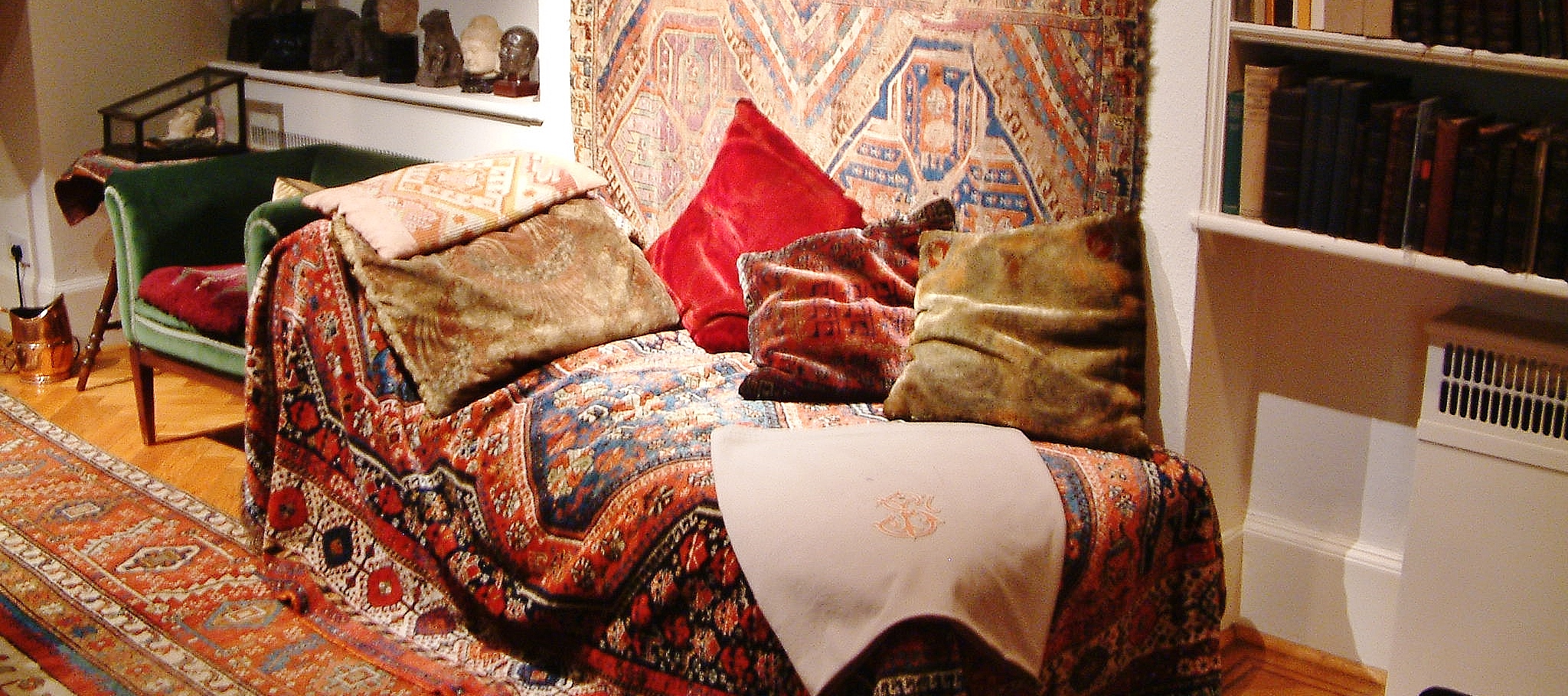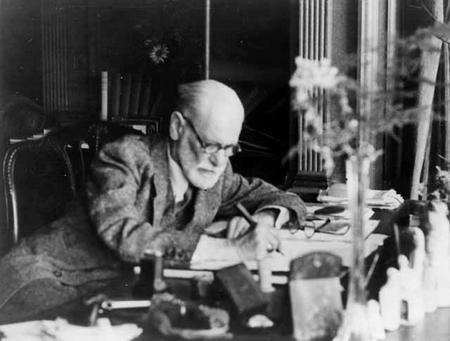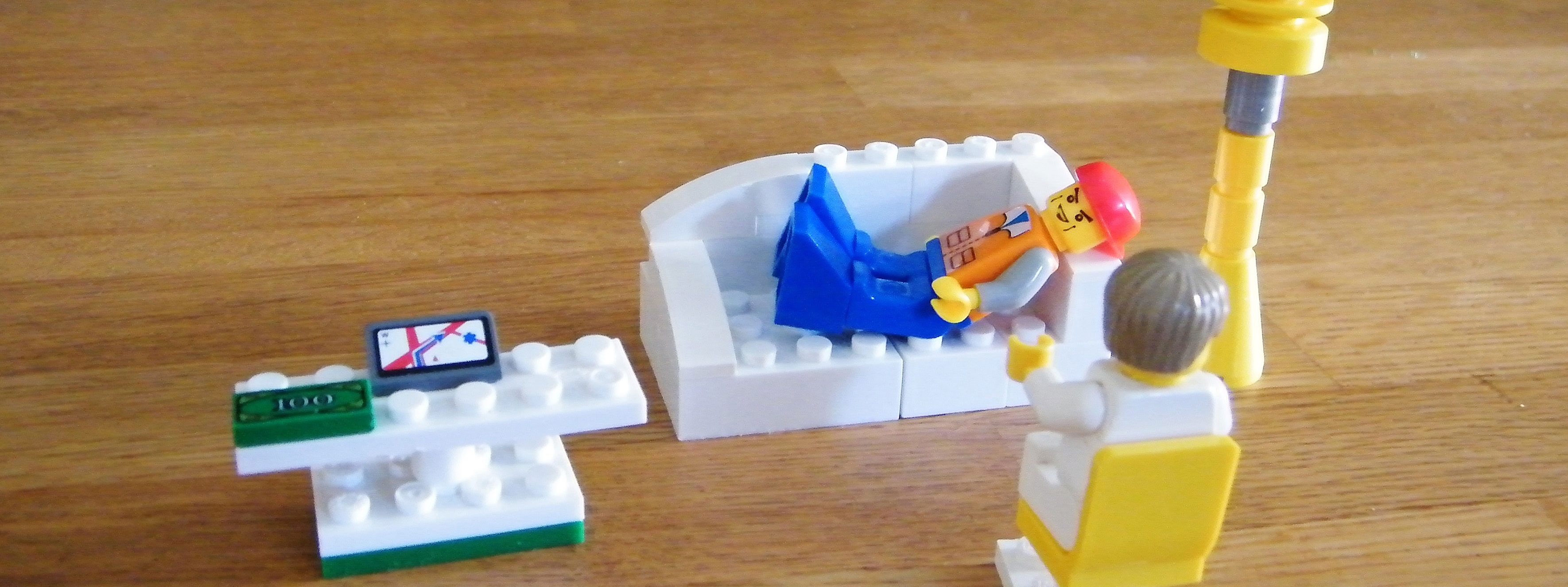Psychodynamic Counselling & the Past
At Counselling Twickenham, Enduring Mind, I like to offer clients an opportunity to deal with issues and conflicts from the past - either from their childhood or memories of past traumas. For these kinds of issues, I may use psychodynamic counselling to help the client become more aware of destructive patterns of attachment, repetitive patterns of behaviour and emotional conflicts which tend to be re-enacted in relationships.
Psychodynamic counselling is an approach which looks at the unconscious drives and conflicts that affect our relationships in the present, based on what we have learned from attachment figures in our past. Often our memories and experiences of interactions with caregivers, present us with internalised representations which we rely on as an unconscious ‘guide’ to new relationships. This unconscious process is known as transference – where we transfer the emotions and behaviours from past relationships onto our present relationships. It is believed there is an unconscious drive in the psyche, which causes human beings to respond to their relationships, ‘as if’ they were still stuck in the past, destined to play out old conflicts and experiences as if they were still happening now.
For example, a teenage boy who interacted with an overly critical and authoritarian father, of whom he was afraid, might struggle to engage constructively with any other male authority figure in later life, whether they were benign or not. This is a result of an unconscious drive which fears a ‘repeat of the past’ and drives us towards 'acting out' that role again and again in the unexpressed hope that someday it will be resolved. So the individual may act out against authority with a rebellious streak, which triggers also his anxiety, anger and shame in the face of authority. This is of course a crude and simplistic example, but it gives a clear illustration of what can happen. The individual is therefore transferring his sense of injustice and unconscious rage with his father onto the boss in his office who he is convinced is out to humiliate him, even if this is not the case in reality.
At Counselling in Twickenham, the aim of psychodynamic counselling is to bring this process of 'transference' into the conscious awareness of the client experiencing these unconscious processes. Counsellors seek to interpret the fantasies, experiences and memories of the client to help them gain insight and understand the deep-rooted nature of their emotional conflicts in order to resolve them. Psychodynamic theory views our unconscious mind as the part of our psyche, which holds onto traumatic and distressing memories of the past, which are too difficult and disturbing for the conscious mind to process. It keeps them at bay and represses them.
In order to ensure these painful memories do not resurface, most individuals avoid addressing them openly (as they are too painful to acknowledge). Instead they develop defences, such as ‘denial’ and ‘repression’ which allow them to project their problems onto their supposed persecutors. However, these defence mechanisms will often do more harm than good, because the individual is condemned to repeat the past without the benefit of being aware of what they are doing. This process is so deeply ingrained in their unconscious thoughts and emotions that they respond impulsively often in destructive ways - ‘acting out’ against their fantasies by responding with rage, anger, frustration and fear.

Interpreting the Past Psychodynamic Counselling
By using ‘interpretation’ to bring unconscious drives into conscious awareness, psychodynamic counselling helps people with a range of emotional conflicts to make significant changes, make better choices and interactions with others in their lives. This means that rather than harbour deep-rooted feelings and memories which negatively affect our behaviour, we are more likely to ‘take a step back’ and observe what is happening in our relationships. Then respond more appropriately. However, psychodynamic counsellors will develop their techniques and style of counselling to meet the needs of the individual. They seek to maintain an equal relationship with their client and adopt an attitude of unconditional acceptance, aiming to create a relationship of trust, which allows the client to explore their unconscious conflicts and behaviours without fear of judgement. This encourages the client to open up and explore the past; gaining insight into their unresolved issues and unacknowledged feelings that are affecting their attitudes, moods and behaviours in the present.
This is a process of redirection, where unconscious feelings for past attachment figures are projected onto the counsellor who comes to represent them. In this way clients will often feel an ‘erotic’ charge or attraction towards their counsellor, which helps them develop greater trust, but also a desire to re-enact the past. This transference can also manifest itself as a negative unconscious reaction such as feelings of hatred, mistrust, extreme dependence and rage for the counsellor. Through a process of interpretation the client’s fears are acknowledged so that a new process of recognition and exploration can begin. Eventually the client understands their feelings and resolves any conflicts; releasing them from the double-bind of ‘transference’ once and for all.
During the process, the counsellor aims to stay relatively quiet to allow themselves to be used in this way by the client, but s/he will occasionally interject with thoughts and interpretations of the ‘transference’ played out between them. This helps the client to develop a more secure mental state and a renewed capacity to integrate this new awareness into their psyche. ‘Dynamics’ that clients were previously unaware of become conscious. The counsellor also aims to help clients to break with old patterns from the past and learn new patterns of behaviour which promote healing, development and personal growth. It allows clients to overcome the fears, impulses and destructive behaviours of the past.
Psychodynamic counselling supports clients seeking help for anxiety, depression, abuse, anger, phobias and past traumas. Counsellors and clients guide the therapeutic process together. They collaborate through a process of open and genuine collaboration. At first, clients may feel anxious or fearful of what they are about to discover about themselves, but in time they take a genuine interest in exploring themselves and seeking self-knowledge. In time they will develop a greater capacity for self-reflection and curiosity, rather than fear, defensiveness or anger. For example, someone who keeps choosing abusive partners may want to learn how to break the pattern by exploring how they have been conditioned in childhood to please, care for and rescue abusive or manipulative attachment figures. If a client is willing to commit themselves to the process of psychodynamic counselling and overcome their initial fears, they should soon see the benefits of gaining insight and making better choices; breaking with old patterns and experimenting or adapting to new ways of thinking, feeling and behaving.


